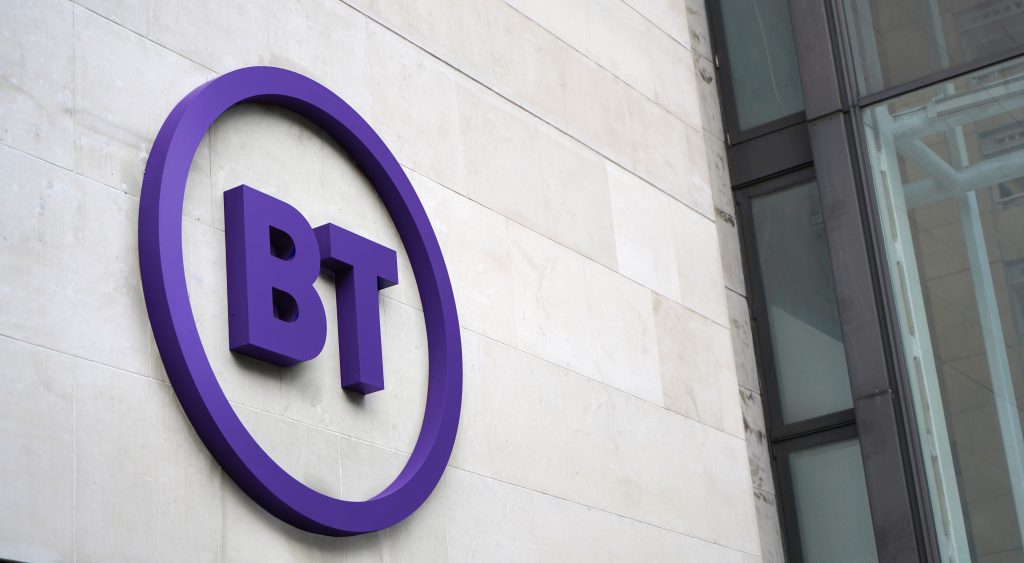Why Easyjet is outperforming rival Ryanair
Ryanair's poor Monday update pushed airline investors into panic mode. So why has Easyjet bucked the trend?


As airlines brace for the end of the post-pandemic travel boom, Easyjet is bucking the trend, Guy Taylor writes
It has been some week for the aviation industry.
An unexpectedly poor update from Ryanair on Monday pushed airline investors into panic mode, sparking a sell-off that sent shares in some of Europe’s biggest carriers spiralling.
It prompted a sudden shift in the language among top-level airline executives, many of whom gathered at the Farnborough Airshow this week. Some have started to suggest that a two-year post-Covid boom in the industry, fuelled by so-called “revenge travel,” may be coming to an end.
The airline sector is notoriously cyclical, with booms often followed quickly by busts, and analysts and investors were waiting with bated breath for an update from Easyjet on Wednesday to see whether Ryanair’s performance would be replicated.
But Easyjet quelled fears by forecasting a second consecutive record breaking summer and reporting a rise in profit.
It raised the question of why the orange-liveried carrier was able to outperform its Irish rival, the largest airline in Europe by passenger numbers, given both operate a low cost model and run many of the same European routes.
“A gap of this magnitude between Europe’s two largest point-to-point airlines is unusual,” analysts at Bernstein noted.
“A gap of this magnitude between Europe’s two largest point-to-point airlines is unusual.”
Dan Coatsworth, investment analyst at AJ Bell, put Easyjet’s success down to two things; brand strength and its decision to launch a package holiday arm, Easyjet Holidays, in 2019.
“Easyjet’s latest trading statement provides some endorsement of its decision to launch a package holidays arm in 2019. It creates broader opportunities to make money and is growing fast,” Coatsworth said.
“In just five years, Easyjet has created a business from scratch that has rapidly become a major name in the package holiday industry. Expectations for more than £180m pre-tax profit from the division in 2024 is the kind of success most start-ups can only dream of.”
The ambition of Easyjet Holidays, to become the UK’s largest package holiday provider, was laid out by chief executive Garry Wilson in an interview with City A.M. in February.
In its update on Wednesday, Easyjet said an 11 per cent growth in revenue to £2.6bn was in part down to the performance of its holiday subsidiary. In fact, according to Bank of America analysts, Holidays’ pre-tax profit of £73m was directly responsible for Easyjet beating estimates.
It would be foolish to suggest that the airline will not be affected by the downward ticket fare pressure forecast by Ryanair. Analysts have consistently warned heavy discounting by the Dublin-based group will spill out to the rest of the short-haul market and Easyjet did nudge down its summer pricing outlook on Wednesday.
But HSBC noted it had some advantages, largely stemming from the airline’s focus on primary airports. “More than 80 per cent of Easyjet’s capacities are at constrained or fully constrained airports, where it competes with expensive airlines (KLM, SWISS, Air-France, etc),” HSBC analysts said in a note.
They added: “In the current inflationary environment, we expect passengers to increasingly seek value for money, likely benefiting Easyjet, which we expect to outperform this year.”
Ultimately, however, analysts are divided on why Easyjet seems to be bucking wider trends in European aviation. It’s likely though that positive performance will continue.
“European airlines are on average down 20 per cent year-to-date, reflecting profit warnings from Lufthansa, AF-KLM, Ryanair. Easyjet has outperformed the sector by around four per cent year-to-date and, based on the reporting today, we expect the outperformance to increase over the next few weeks,” HSBC said.
So, is the post-pandemic travel boom over? It’s hard to say until the next few months pan out. But in an industry famed for its volatility, Easyjet’s holiday package launch may have been a stroke of genius in future-proofing the business.



